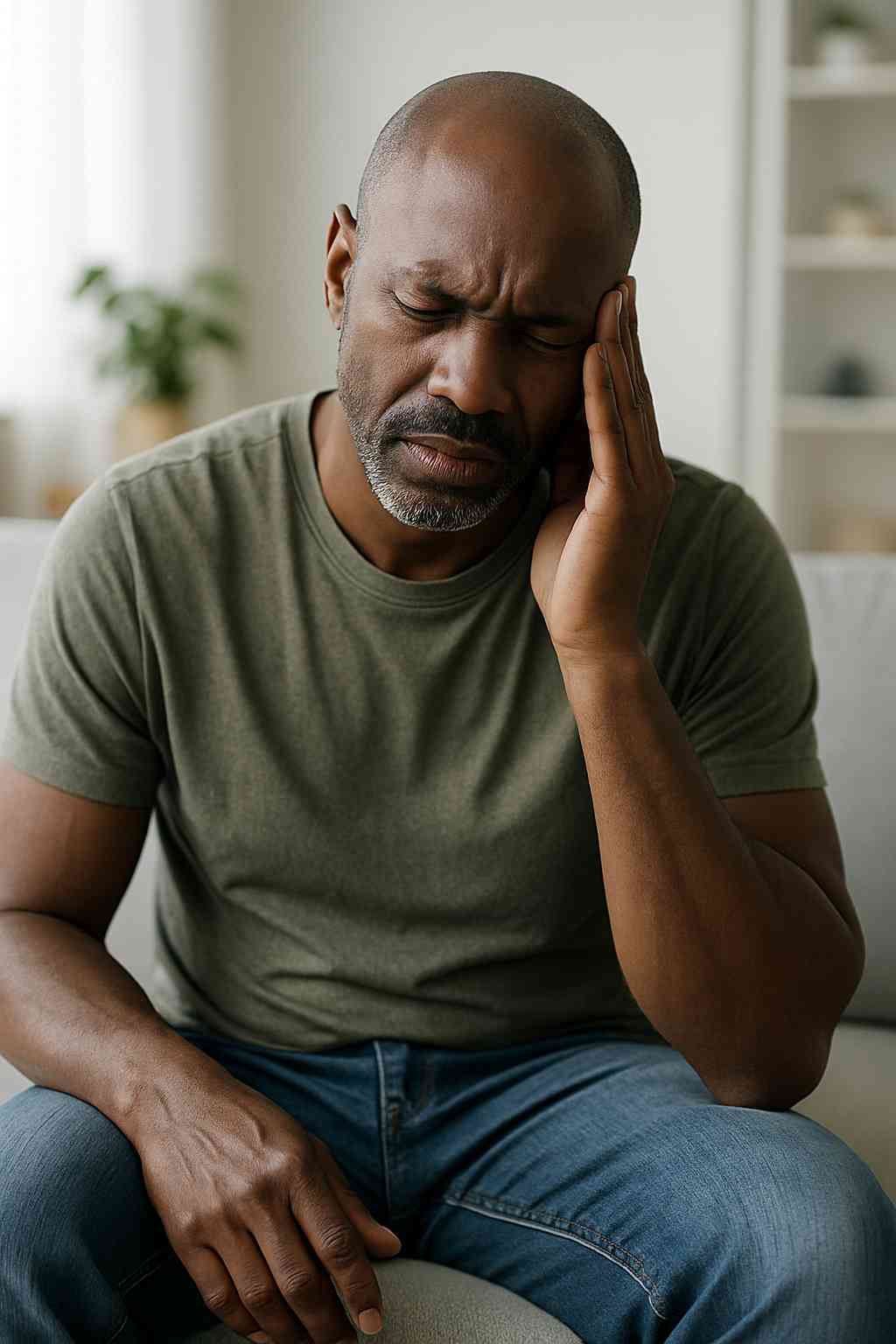Living with HIV often means coping with various types of pain. Whether it’s nerve pain, muscle aches, or treatment-related discomfort, finding effective HIV pain relief is essential. In this article, we’ll explore practical, safe ways to soothe pain, combining medical advice with accessible strategies for everyday use.
Table of Contents
- Understanding Pain in HIV
- Safe, Effective Pain Relief Options
- Medications and Medical Guidance
- Lifestyle Adjustments and Complementary Therapies
- When to Seek Professional Help
- FAQs
- Conclusion
Understanding Pain in HIV
Pain related to HIV can stem from multiple causes. For example, neuropathy results from nerve damage possibly linked to the virus or certain medications. Similarly, musculoskeletal pain may arise from weakened immunity or side effects of treatment. Other common types include headaches, joint pain, and generalized body aches.
Understanding the source of your pain is the first step toward effective HIV pain relief. It helps guide safe choices—whether over-the-counter medications, gentle lifestyle changes, or referral to a healthcare provider.
Safe, Effective Pain Relief Options
Medications and Medical Guidance
For mild pain, non-prescription options like acetaminophen or NSAIDs may help—but always check with a doctor, especially if you’re on antiretrovirals or treatment for other conditions. When donations of stronger medication are needed, your healthcare provider can recommend appropriate neuropathic agents (such as gabapentin or amitriptyline) or other therapies. Prompt medical guidance ensures that your approach to HIV pain relief is both safe and tailored.
Lifestyle Adjustments and Complementary Therapies
Lifestyle changes often support long-term comfort. Regular gentle exercise—like walking or swimming—boosts circulation and eases stiffness. Warm baths and heating pads can reduce muscle tension, while stretching routines enhance flexibility. Additionally, practices like meditation, deep breathing, and yoga support stress relief, which can reduce pain intensity naturally. Many people find acupuncture or massage beneficial, although you should always seek qualified practitioners who understand HIV care. Embracing a balanced diet and staying hydrated supports overall wellness, further aiding relief.
When to Seek Professional Help
If pain persists, intensifies, or starts interfering with daily life, it’s time to reach out. Especially consult a healthcare professional if pain radiates sharply, starts after a recent medication change, or comes with other symptoms like fever or numbness. A tailored approach can protect your quality of life and optimize your HIV pain relief plan.
FAQs
Q: What common types of pain do people with HIV experience?
A: Frequently, individuals experience nerve pain (neuropathy), muscle/joint aches, headaches, or generalized body discomfort.
Q: Are pain relievers safe to take with HIV medications?
A: Over-the-counter options like acetaminophen may be safe in moderation, but always consult your healthcare provider to avoid interactions with HIV medications.
Q: Can lifestyle changes really help with pain?
A: Yes. Gentle exercise, warm baths, and relaxation techniques like yoga and meditation can significantly reduce discomfort over time.
Q: When should I seek professional advice for HIV‑related pain?
A: If pain is persistent, worsening, or accompanied by alarming symptoms (such as numbness or fever), seek medical evaluation promptly.
Q: Are alternative therapies like acupuncture or massage safe for people with HIV?
A: Many people find them helpful, especially when performed by providers experienced in HIV care. Always let your practitioner know about your HIV status and medications.
Conclusion
Managing pain effectively supports a better quality of life for those living with HIV. From safe medications to lifestyle adjustments and complementary therapies, the right combination—guided by healthcare professionals—can offer real relief. For trustworthy information, consider visiting Healthcare.pro, and always reach out to a medical professional when unsure.
This content is not medical advice. For any health issues, always consult a healthcare professional. In an emergency, call 911 or your local emergency services.




